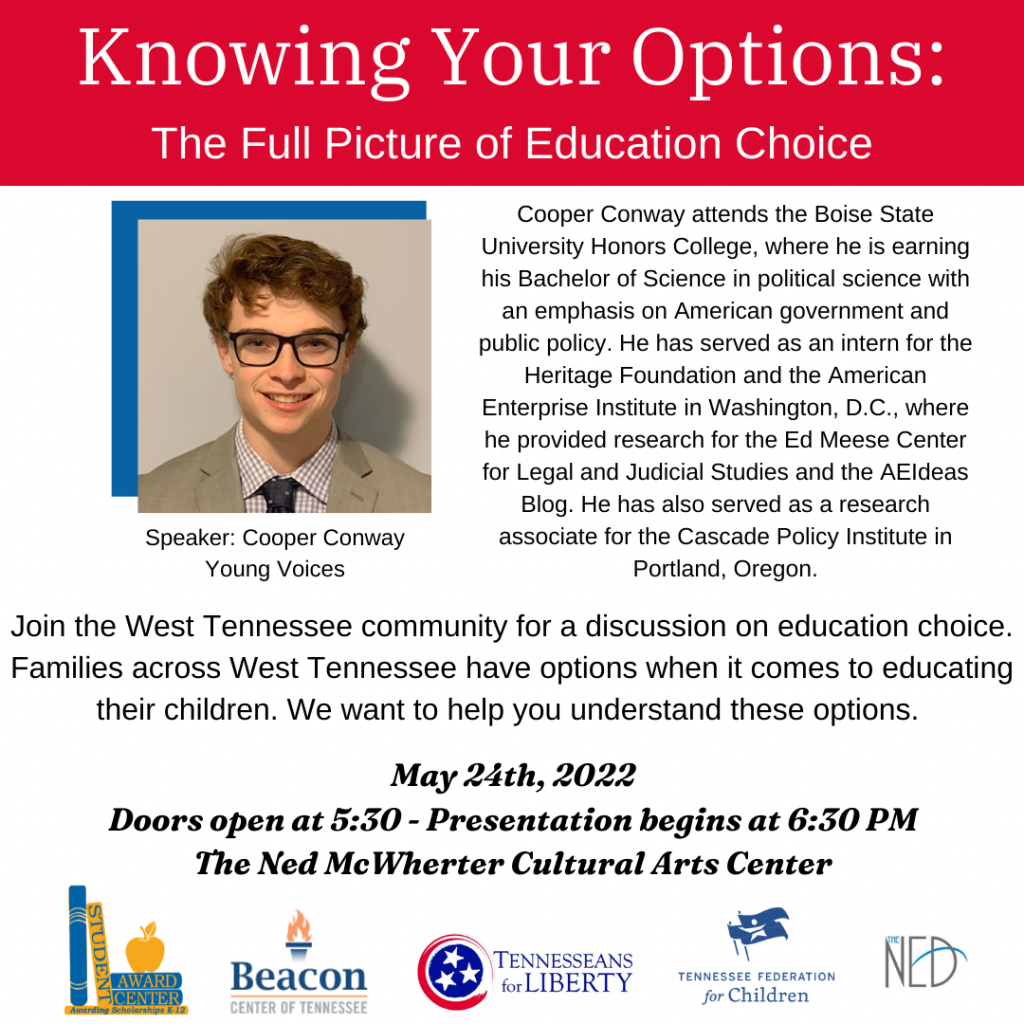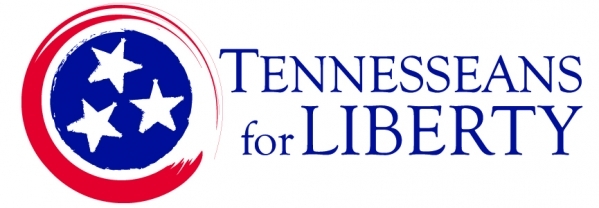Educational Choice
“When the state or federal government control the education of all of our children, they have the dangerous and illegitimate monopoly to control and influence the thought process of our citizens.” – Michael Badnarik
Whether individual citizens, a community, or society as a whole bring up the topic of education there will be great volumes of passionate disagreement. The one thing most can come to agree upon is that we want to see the quality of education continue to improve, particularly for our children. As for the disagreements, we won’t attempt to cover them all, but we will touch on the most prominent views. The debate centers mostly around funding and curriculum; the primary voices fall into a few camps:
- Progressives – generally oppose competition to public schools believing that such competition will undermine the public system particularly if such competition is funded by the state (e.g. school choice will redirect public funds to private entities thereby undermining the ability to properly fund public systems). As for curriculum, most progressives lean toward a secular focus and a collectivist socio-political advocacy.
- Conservatives – generally support school choice by allowing parents to direct their tax dollars to educational system they deem right for them. They believe that public schools should compete with other educational options for dollars. Options may take many forms from charter schools, to home schools, to private schools. These advocates of choice may not have fully contemplated potential concerns associated with government funding mechanisms as it relates to inevitable control of the choices funded or mandates by government upon recipient schools of government dollars. As for curriculum, the options should be as varied as the number of schools.
- Libertarians – Historically, liberty advocates have opposed traditionally implemented school choice programs on the basis that the taxes are collected from the people before being returned to fund school choice programs AND because ”government” still provides the funding, government retains a mechanism to control what choices may be funded, who can receive such funds, what curriculum can be supported, and finally creates market inefficiency by overfunding what people wouldn’t choose to pay for on their own. Pure libertarians would argue that those tax dollars should stay with the families to spend as they choose from the beginning rather than be routed through government, which then controls what is ”choice”. However, in recent years many liberty advocates who are realists have begrudgingly embraced the fact that we cant even eliminate the Federal Department of Education, much less get government to reduce taxes sufficiently for a typical working family to pay for direct educational options through an income tax offset. Meanwhile they see the public school systems propagandizing and indoctrinating youth with self-serving, big government, collectivist thought. As such many practical libertarians have chosen to sacrifice what they view as ideal in favor of some measure of practical freedom. Hence, you will find a growing number of practical libertarians advocating for school choice as a lessor of evils.
Here at Tennesseans for Liberty, you will find most of our supporters fall into the Conservative or Liberty camps, but we believe that regardless of your view, we must be open to discussing the topic . . . and that’s where we’d like to start with the following open forum of broad discussion.

